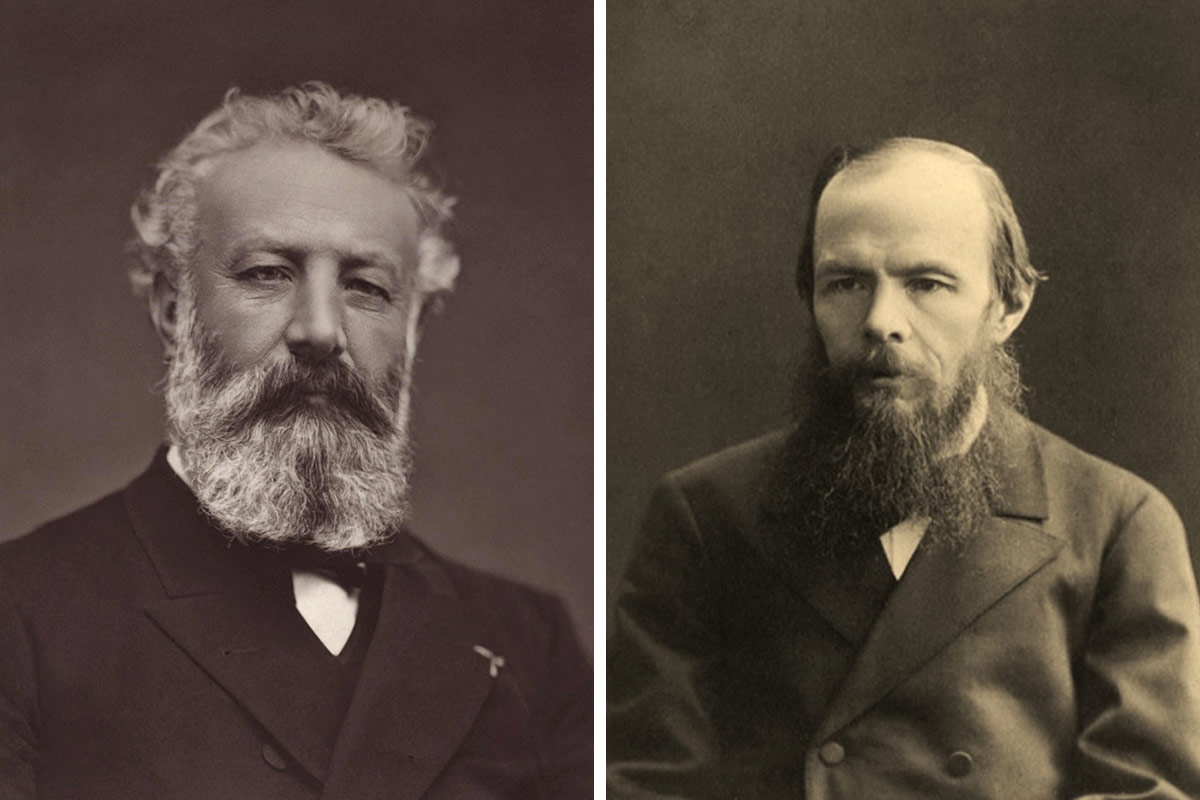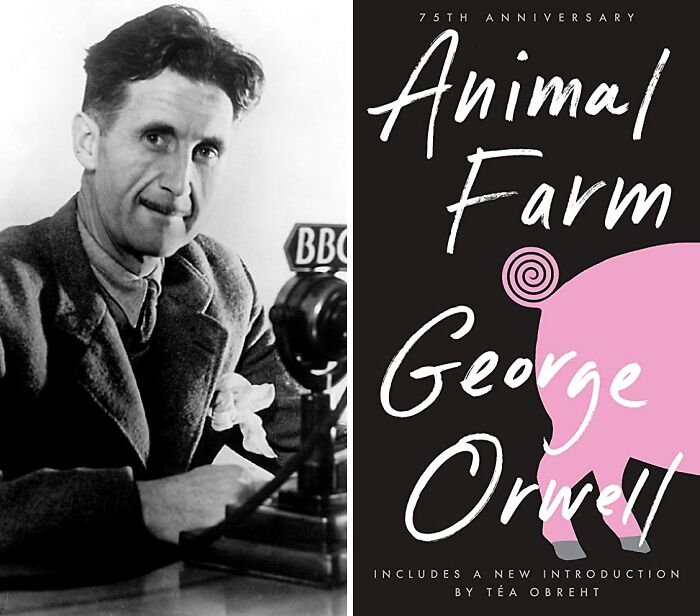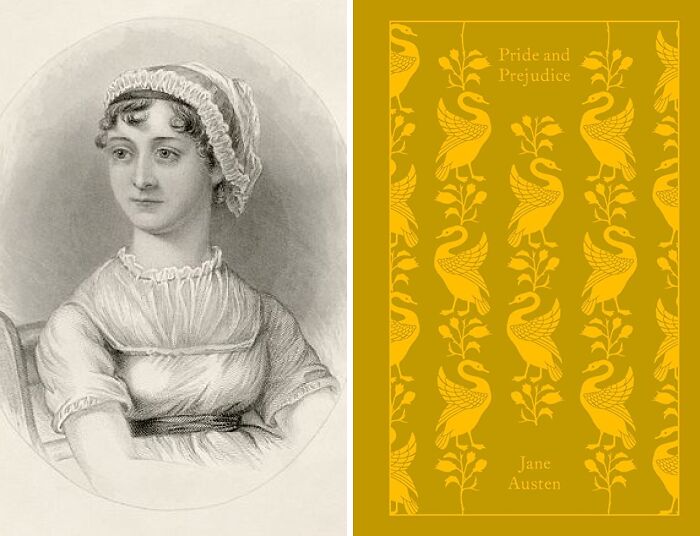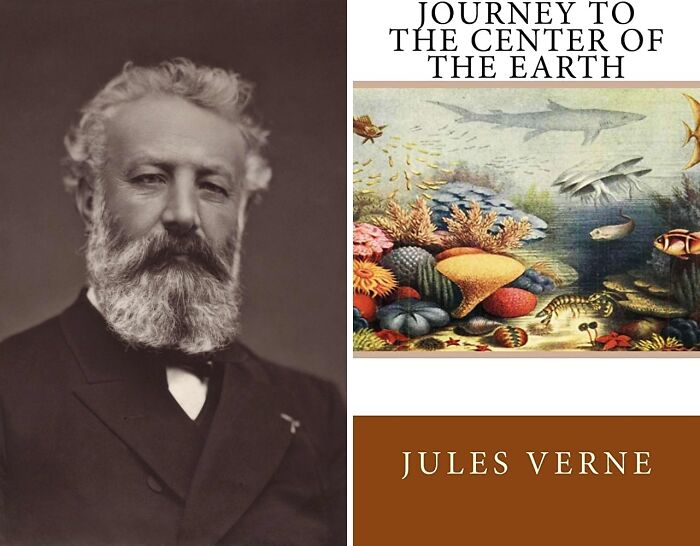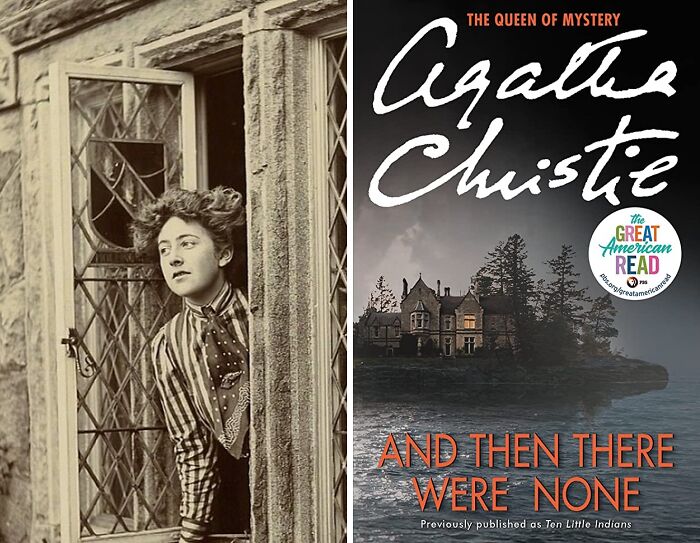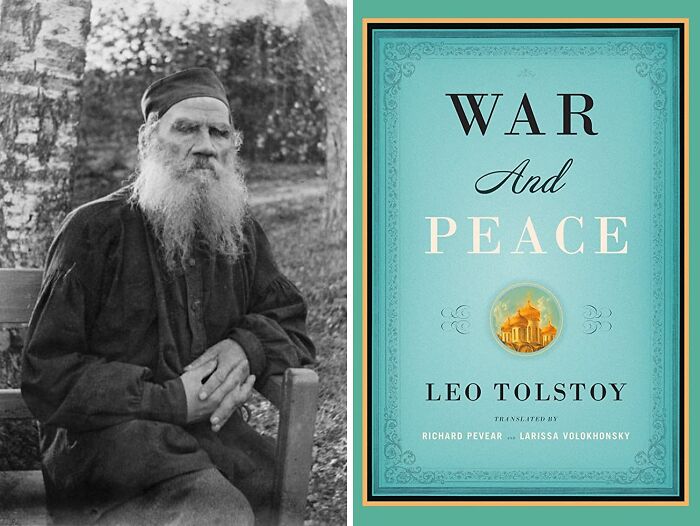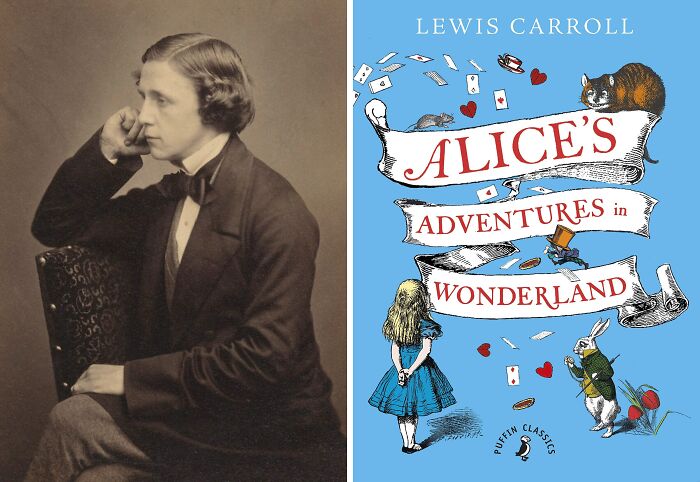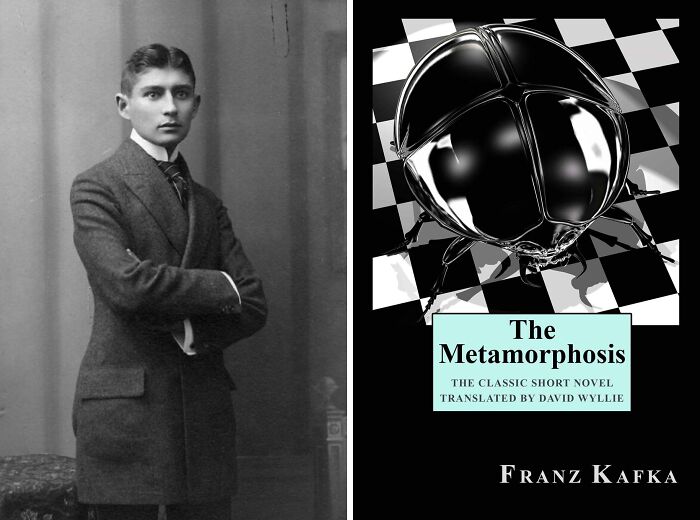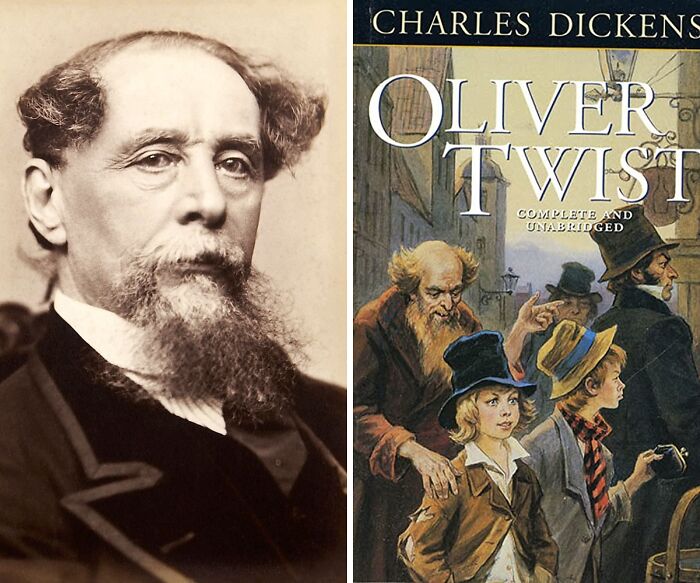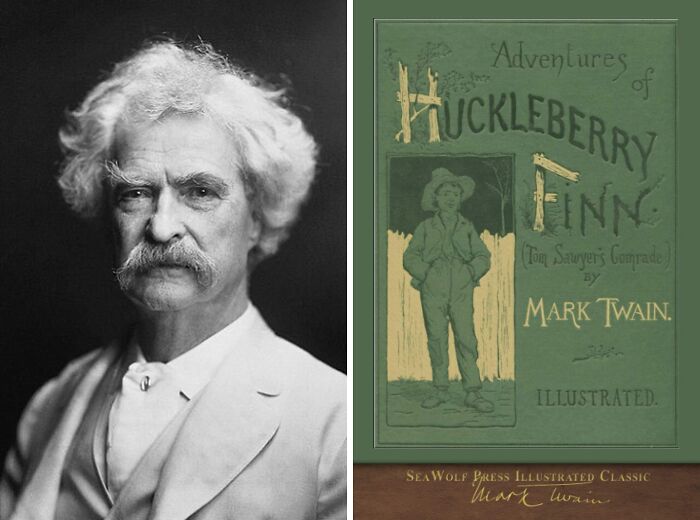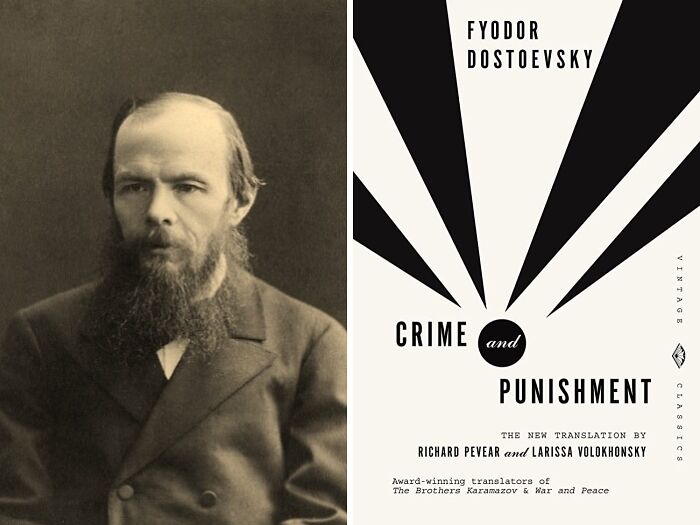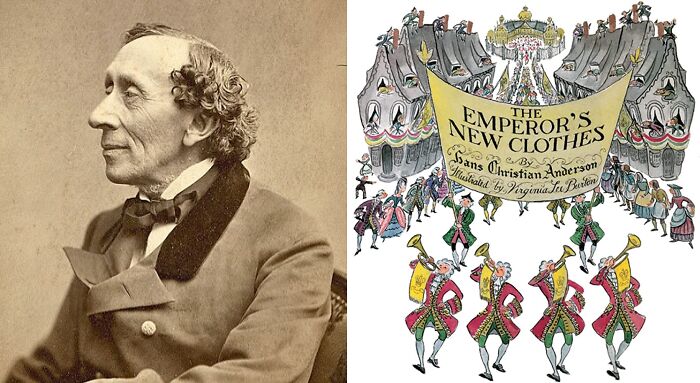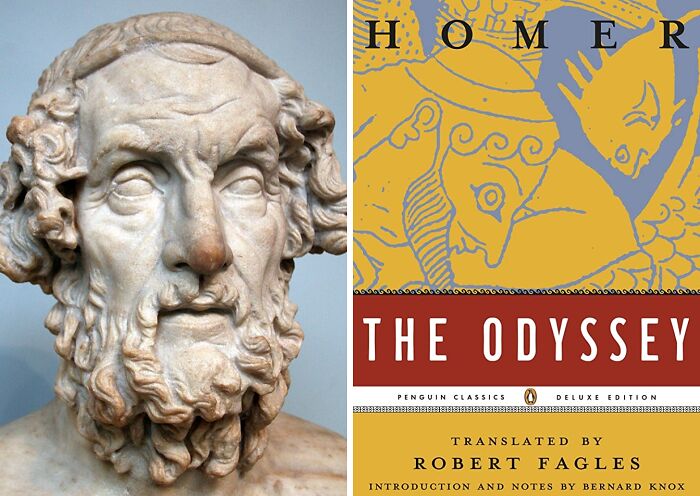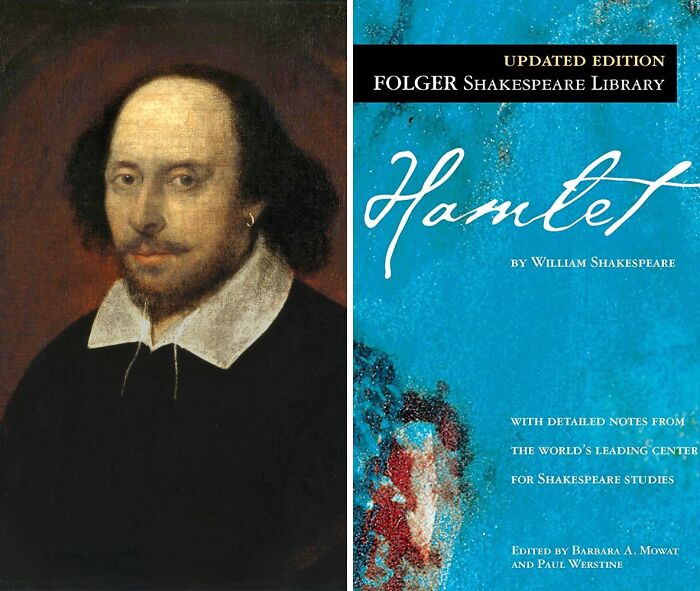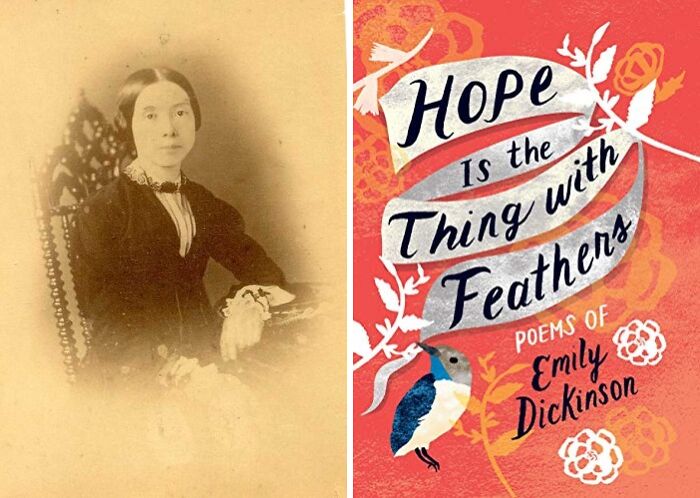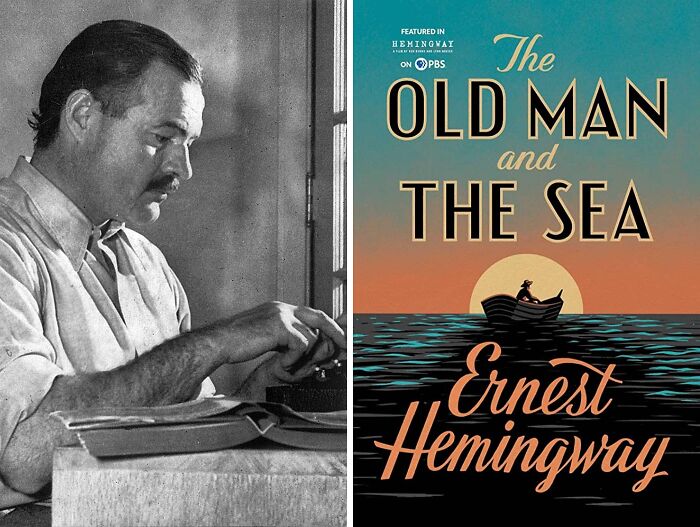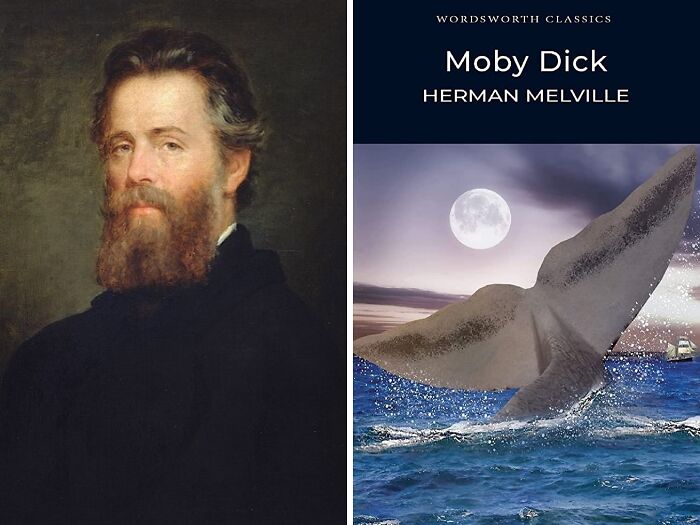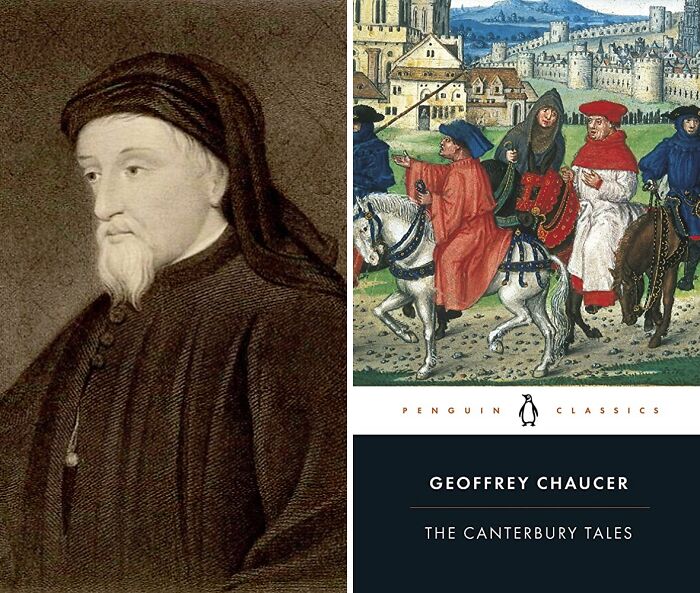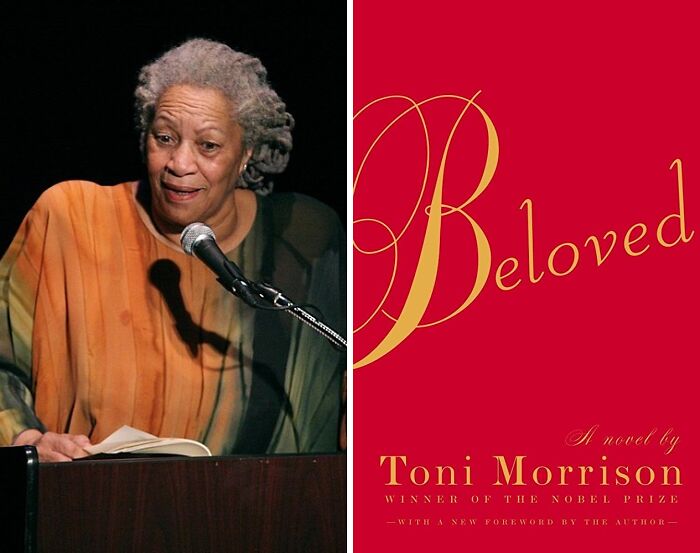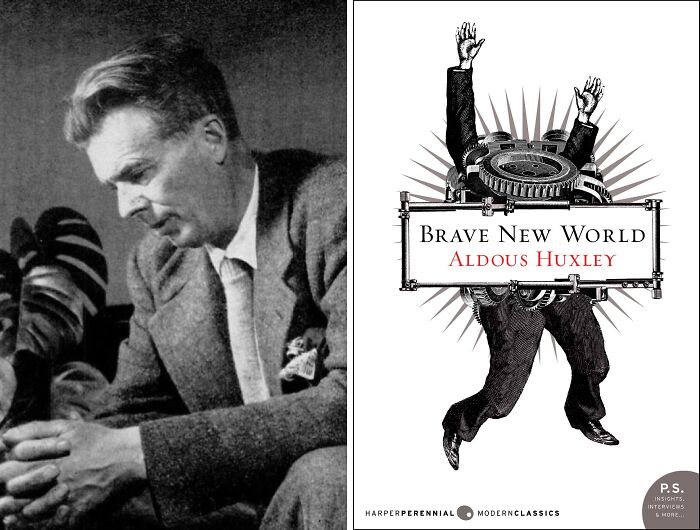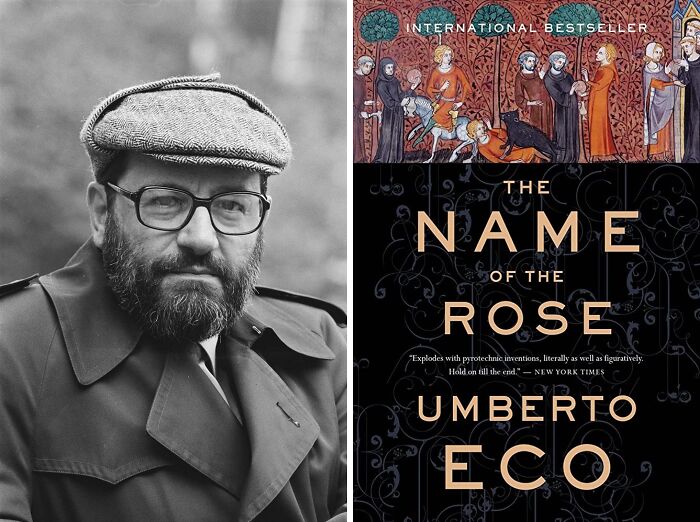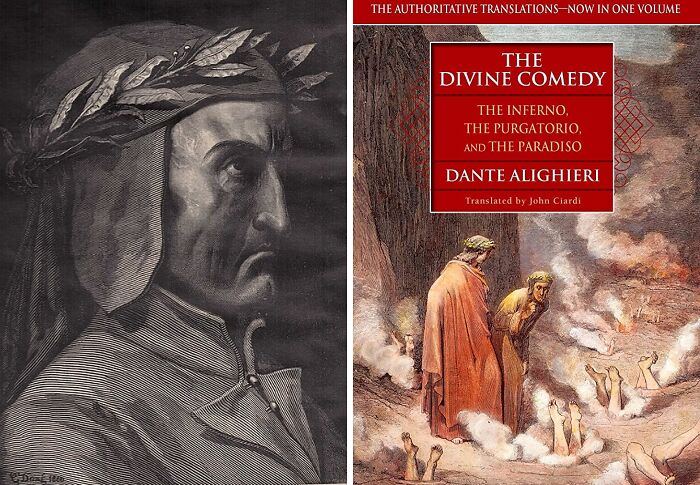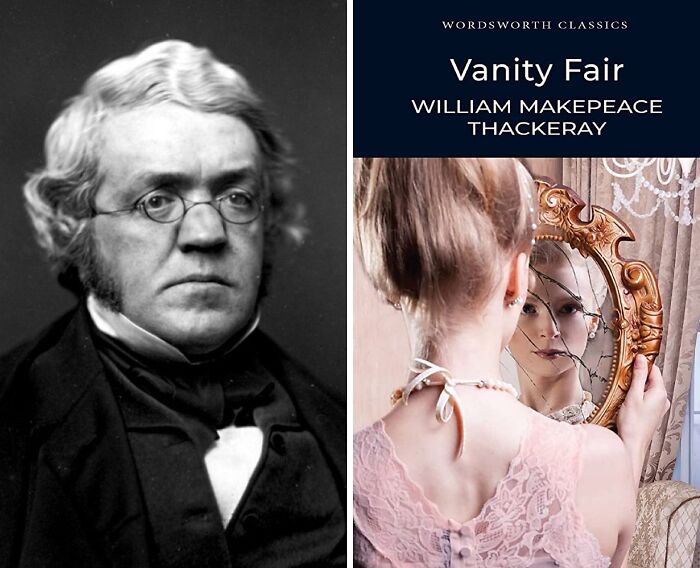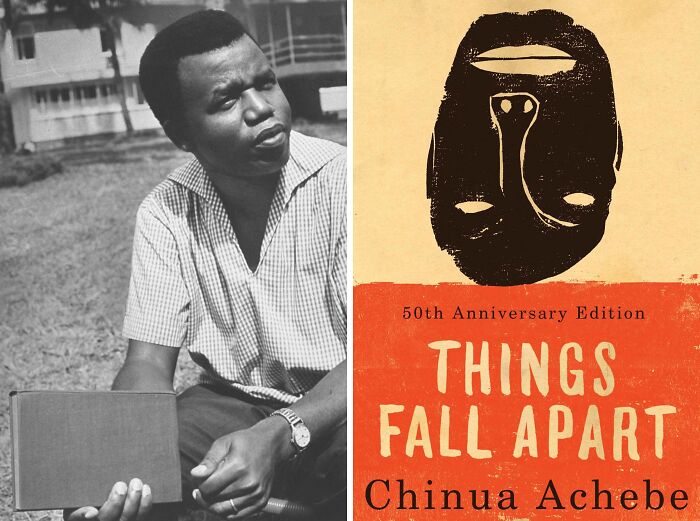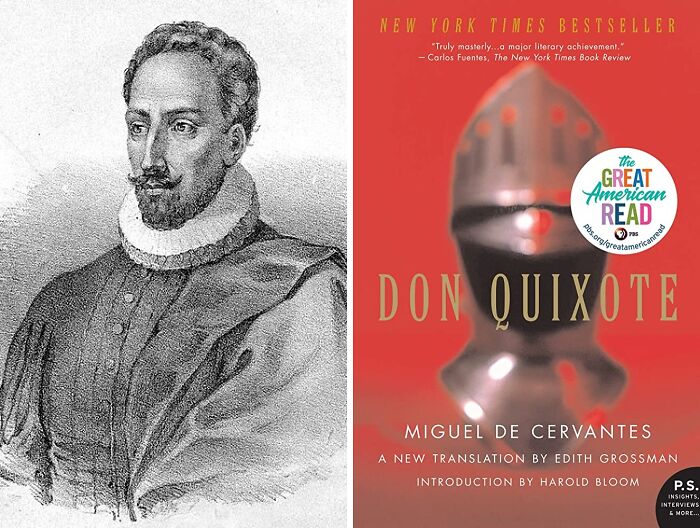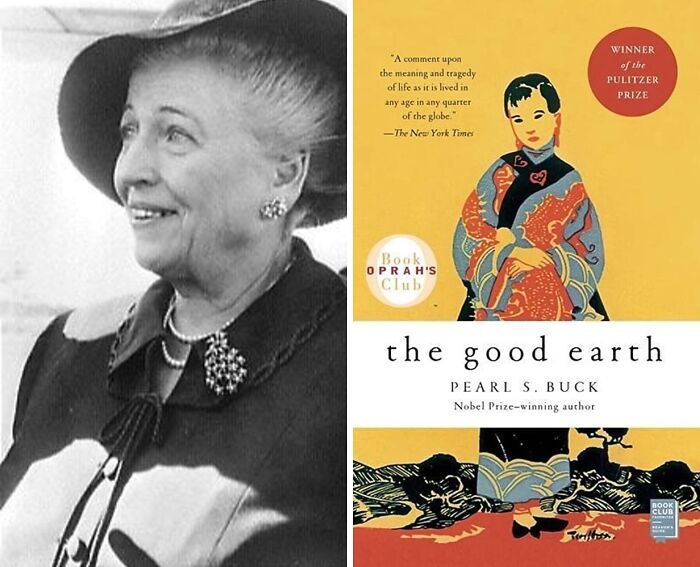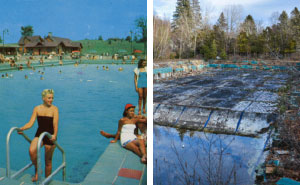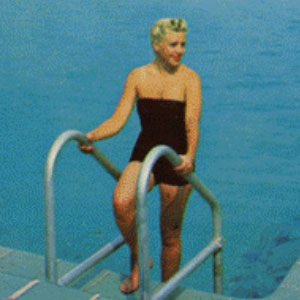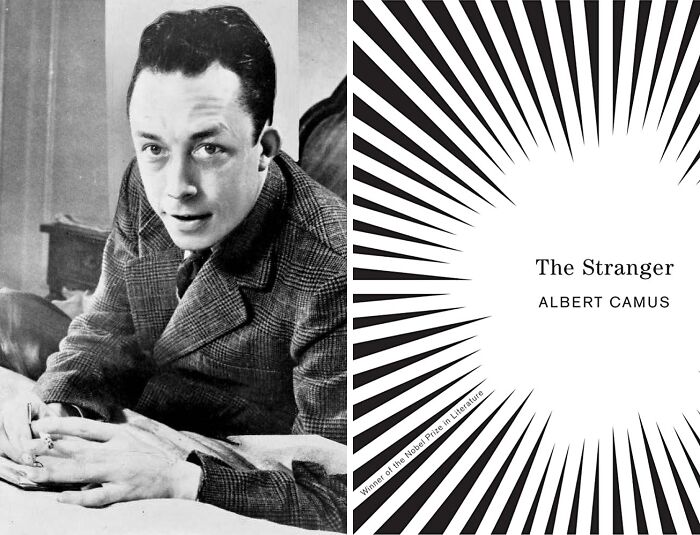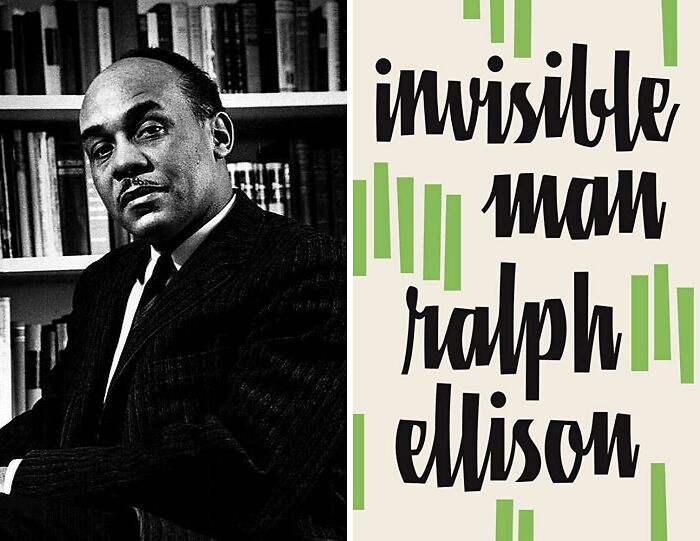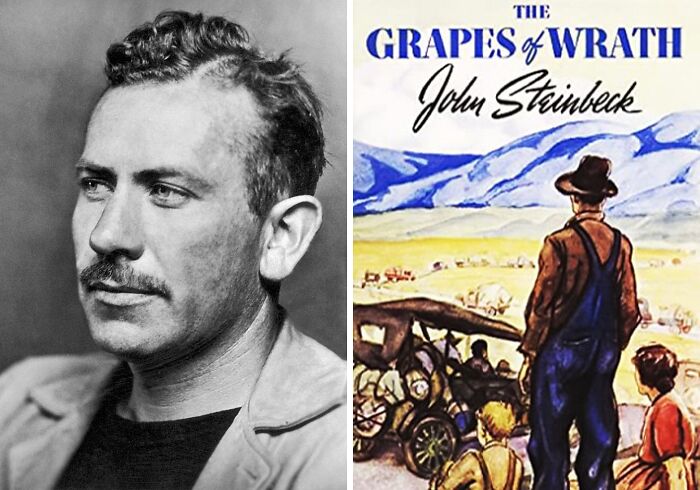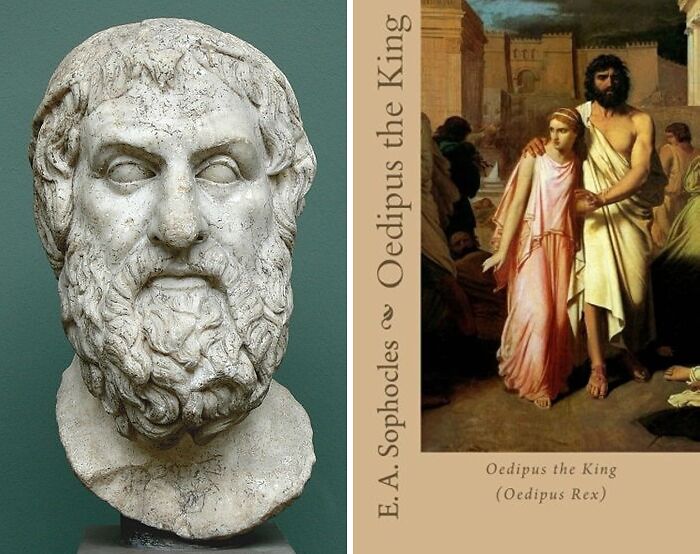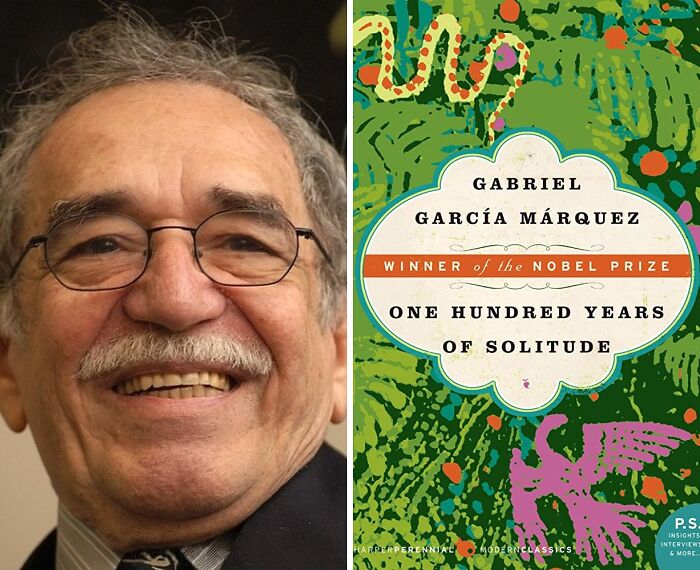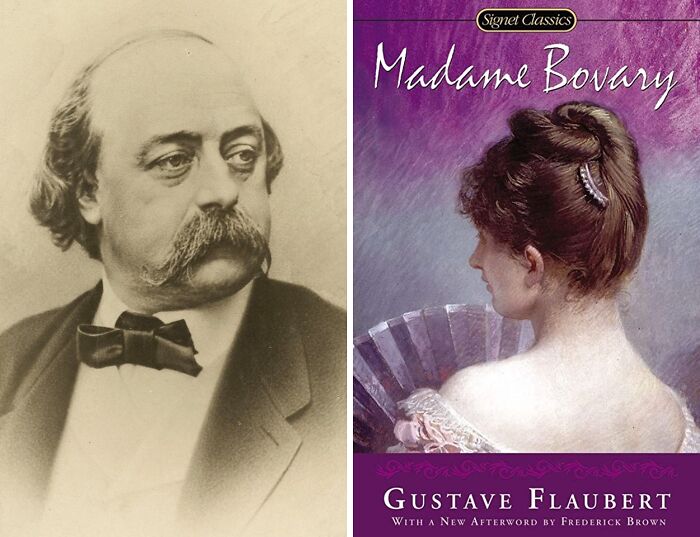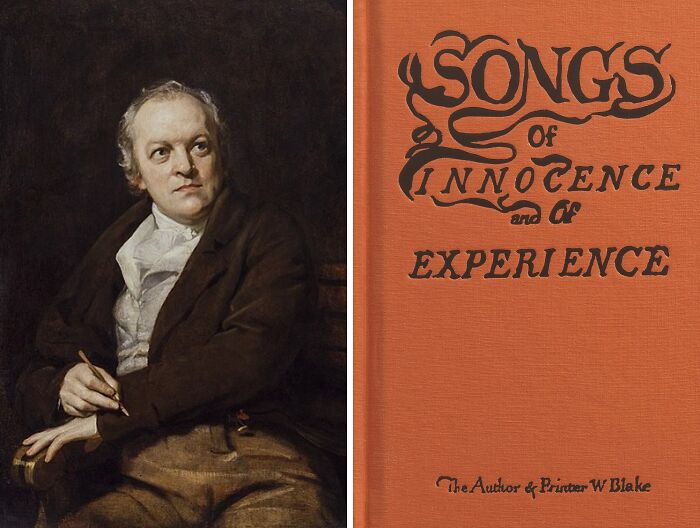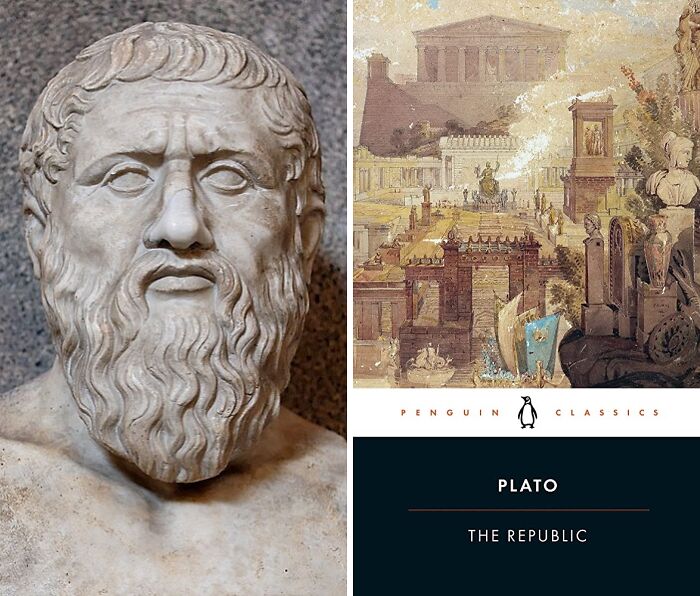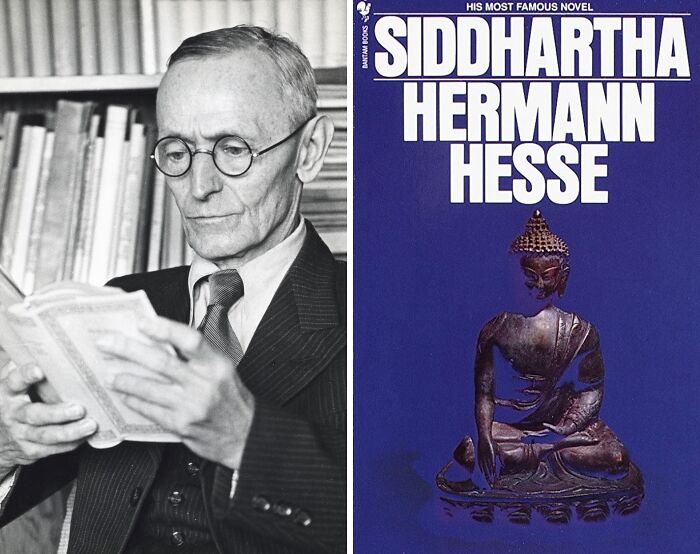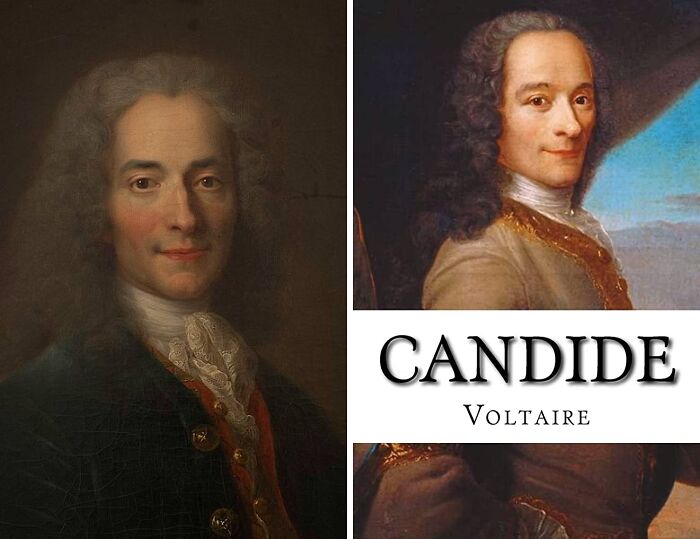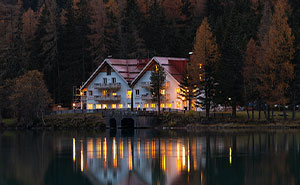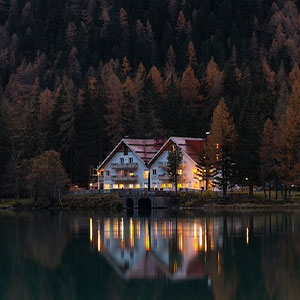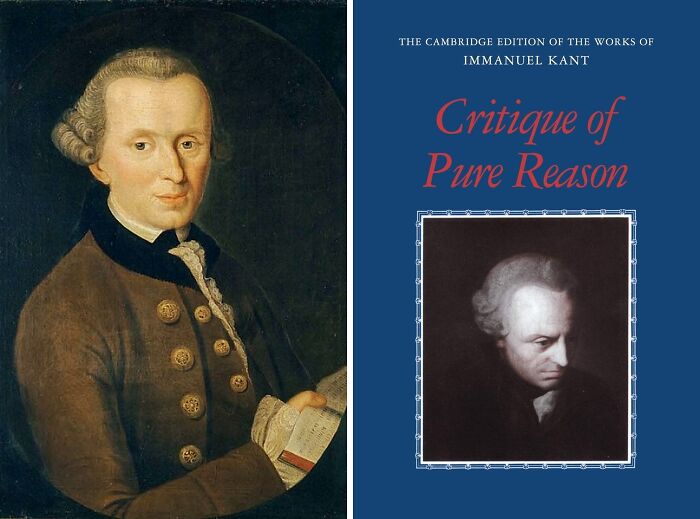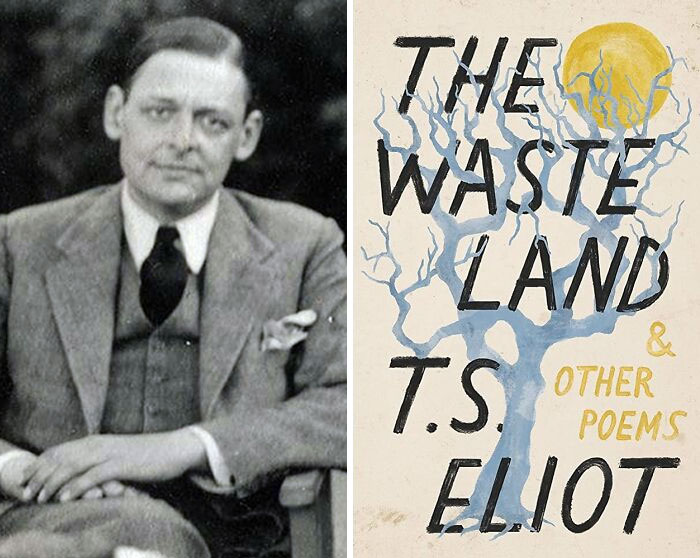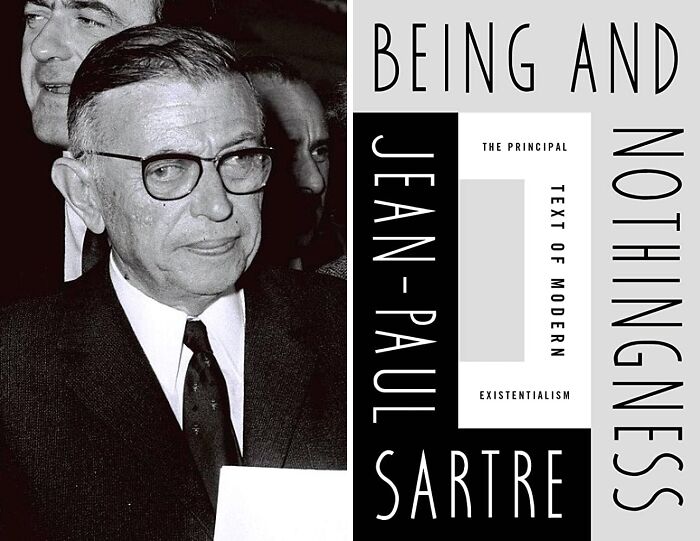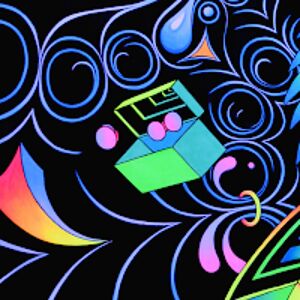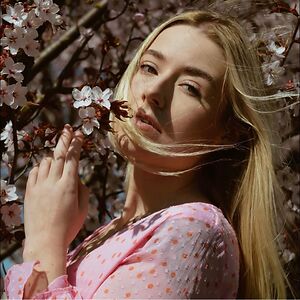Although we all can have different opinions and preferences for literary works, certain names and titles deserve to be dubbed among the greatest of their kind. However, when it comes to picking the most famous authors and their best works of literature, there should be little debate on which famous authors should be on the list since only time can tell. And thankfully, for our generation, it already has.
Ironically, true masterpieces are rarely acknowledged and recognized in value as soon as they see the light of day. This is true for many famous paintings and the best books, which only increase in value over time. Hence, the most famous writers in history are not assessed by how well their literary works are presently selling in bookstores or how often they are downloaded on Kindle.
We are talking about a different kind of value—their influence on the literary world and the writers who came after them. We don't rule out that some of today’s best-selling, famous writers will also be viewed with high regard in the future. However, it’s still too early to tell since, as with many other timeless things, famous authors and their books require the passage of time to be regarded as classics and be recognized globally.
Below, we’ve compiled a list of famous authors and their magnum opuses that had the biggest influence on the literary world. As always, upvote the famous book authors whose work (or works) you thoroughly enjoyed and would recommend reading to others.
Also, bear in mind that the list has no particular order since ranking these authors’ influence would be impossible.
This post may include affiliate links.
George Orwell, “Animal Farm”
George Orwell was the pen name of Eric Blair, a writer from the 20th century who was equally at home with essays, literary criticism, and social commentary. The satirical novella Animal Farm, published in 1945, is one of his magnum opuses. Animal Farm is so well known in the West because it's a biting critique of the Russian Revolution's rhetoric and history. Via a narrative involving animals, it allegorizes Joseph Stalin's ascent to power by retelling the history of the establishment and growth of Soviet communism.
Jane Austen, “Pride And Prejudice”
Jane Austen was an English novelist whose romantic fiction novels, set among the wealthy elite, made her one of English literature's most popular and beloved authors. Her 1813 instant hit Pride and Prejudice, which shows a society in which a woman's reputation is of the utmost importance, has been one of the most-read books in the English language ever since.
Jules Verne, “Journey To The Centre Of The Earth”
Jules Verne was a French poet, playwright, and novelist who has been called the "father of science fiction" and has had an incalculable influence on the development of science fiction writing. His most notable fiction might be Journey To The Centre Of The Earth, which follows a professor who discovers a document written by a 16th-century explorer claiming to have found a path to the Earth's core.
Agatha Christie, “And Then There Were None”
Agatha Christie was an English playwright and detective novelist whose works have been translated into more than 100 languages and have sold more than 100 million copies. The mystery novel And Then There Were None, one of Christie's best-known works, was written during World War II and examined the line that separates those who pursue injustice from those who aim to restore justice. The idea of the novel implies that acting unjustly does not always characterize someone as wicked, and enforcing justice doesn't instantly make someone good.
Originally called Ten Little N******, title has been censored everywhere, and rightly so, but she wrote for her time and era. Still used in France as Dix Petit N******, though? Source: Wiki
Leo Tolstoy, “War And Peace”
Russian novelist Count Lev Nikolayevich Tolstoy, commonly known as Leo Tolstoy in English, is recognized as one of the greatest writers ever. Two books he wrote, War and Peace and Anna Karenina, are often regarded as the pinnacle of realism literature. Yet, War and Peace is seen to be Tolstoy's crowning literary achievement. By including more human experience than any previous work of fiction had ever tried, the book revolutionized the modern novel.
Lewis Carroll, “Alice’s Adventures In Wonderland”
Lewis Carroll was an English author and poet known for his inventive wordplay, nonsensical logic, and imagination. His most well-known works are the children’s books Alice’s Adventures in Wonderland (1865) and its sequel, Through the Looking-Glass (1871). Essentially, Alice’s Adventures in Wonderland depicts the child’s struggle to survive in the confusing adult world.
Not quite. Lewis Carroll was the pen name of Charles Dodgson, a mathematician whose fields of study included geometry, linear and matrix algebra, mathematical logic, and recreational mathematics. Apparently the classes he taught at Christ Church were "dreary" and boring.
Franz Kafka, “The Metamorphosis”
Czech novelist Franz Kafka is widely recognized as one of the greatest authors of the 20th century. His heroes are lone individuals caught in absurd (often weird) situations with unfathomable bureaucracies. The best-known work of Kafka is The Metamorphosis. The novella examines how alienation may be destructive as well as transformative by following the protagonist Gregor Samsa, who awakens to find himself turned into a gigantic insect.
Charles Dickens, “Oliver Twist”
Charles Dickens is most renowned for his novels, which explore the struggles of everyday life and the idea that you can change your life for the better. Oliver Twist, probably his best-known literary work, is a somber tale of corruption, appalling living circumstances, and the fear of arbitrary bloodshed. Dickens utilized satire and comedy to draw attention to these injustices and highlight how unkind and morally wrong the poor's existence was.
Mark Twain, “Adventures Of Huckleberry Finn”
Not only is Twain considered one of the greatest American writers of all time, but also one of the most beloved, which is evident from how widespread Mark Twain's quotes are. Adventures of Huckleberry Finn, one of his best-known and enduring works, is the story of a troubled kid who finds himself rafting down the Mississippi River with a runaway slave, Jim.
Fyodor Dostoevsky, “Crime And Punishment”
Russian novelist Fyodor Dostoyevsky's works examine psychology amid the turbulent political, social, and spiritual settings of 19th-century Russia. Many literary critics regard him as one of the greatest writers in history. One of his masterpieces is the hefty Crime and Punishment, which chronicles the mental anguish of Rodion Raskolnikov, a poor ex-student in Saint Petersburg who commits a robbery and a murder.
Hans Christian Andersen, “The Emperor's New Clothes”
Danish storyteller Hans Christian Andersen was a prolific writer of plays, travelogues, novels, and poetry. Yet, his literary fairy tales are what people most often associate him with. The Emperor's New Clothes, a fairy tale about a conceited emperor who is comically tricked due to his own vanity and dishonesty, is one of his best known. However, although often presented to children, children are not the only audience for Andersen's eventyr, or "fairy tales," since they reflect universal themes across all demographics.
Homer, “Iliad” & “The Odyssey”
Although the mysterious character of Homer has long been credited with writing these two monumental epic poems of ancient Greece, little is actually known about him. Still, there likely lived an epic poet named Homer who was accountable for both the Iliad and The Odyssey, which gave all Greeks, particularly aristocrats, a set example of valor, nobility, and the good life to which they all adhered.
William Shakespeare, “Hamlet”
Sometime between 1599 and 1601, William Shakespeare, a man who needs no introduction, wrote his best play Hamlet, a tale of a prince bereaved by his father's demise and his mother's all-too-soon remarriage to his uncle. Over 400 years later, given the plot's many appearances in films, television shows, and popular music, Hamlet remains deeply and permanently ingrained in modern society.
I'd go with Macbeth, myself, although I can see why Hamlet was chosen.
Emily Dickinson, “Hope Is The Thing With Feathers”
While Emily Dickinson was unknown as a poet during her lifetime, many now consider her to be one of the most significant figures in American culture. Numerous writers, including the Brontes, have been influenced by her poetry. Hope is the Thing with Feathers, a poem about hope, might be her most famous work. As she did in many of her poems, Emily Dickinson compares an abstract notion or sensation, in this case, hope, to something concrete, palpable, and tactile, in this case, a singing bird.
Emily Dickinson really doesn't belong on this list as she never wrote a ny work of fiction. All of her written works were poems.
Ernest Hemingway, “The Old Man And The Sea”
American novelist Ernest Hemingway has been hailed as one of the most influential writers of the 20th century. His final major work of fiction was a short heroic novel titled The Old Man and the Sea. Interestingly, before completing the latter, Hemingway faced criticism from pundits who said he was done as a writer and had nothing more to contribute to the literary community. However, Hemingway challenged their idea by completing what is now regarded as one of his greatest literary works with the same tenacity as his protagonist in The Old Man and the Sea.
Herman Melville, “Moby Dick”
American writer of novels, short tales, and poetry, Herman Melville was best known for his magnum opus work Moby Dick. In part, Moby Dick tells the story of an abominable battle against a being as colossal, perilous, and incomprehensible as the ocean itself. However, the book can be viewed as more than just an adventure story; it's also the fruition of the author's lifelong reflection on America.
Geoffrey Chaucer, “The Canterbury Tales”
Geoffrey Chaucer, an English novelist, poet, and philosopher, is occasionally called the "father of English literature." Even though he produced a large body of work, The Canterbury Tales, an incomplete frame narrative, is his most famous one. Chaucer's lengthy poem (over 17,000 lines!) follows a group of 31 pilgrims, including Chaucer himself, who travel from the Tabard Inn in Southwark to St. Thomas à Becket’s shrine at Canterbury Cathedral.
Toni Morison, “Beloved”
American author Toni Morrison, whose real name is Chloe Ardelia Wofford, is very well known for exploring the Black female experience within the Black community. She was also the first African American woman to receive the Nobel Prize in Literature. Beloved, her literary masterpiece that won the Pulitzer Prize in 1988, shows the trauma slavery causes and the difficulties of enslaved Black Americans.
Aldous Huxley, “Brave New World”
Aldous Huxley, a British author most known for his novels and extensive body of writings, also wrote short stories, poetry, travel pieces, and screenplays. Still, his best-known work is Brave New World. The book depicts a dystopian future in which society is ruled by technology. It might be that Huxley intended Brave New World to serve as a warning since he thought that developments in science and technology were laying the groundwork for the kind of society he envisioned in his book.
Umberto Eco, “The Name Of The Rose”
Many literary circles are familiar with Italian author Umberto Eco, from those who admire the brilliance of his fiction to others who find his theoretical writing and thought-provoking works inspiring. He may be best known for his book The Name of the Rose. Although the book may stand alone as a murder mystery, it is often perceived as a religious, philosophical, intellectual, and historical examination of the meaning of truth.
Dante Alighieri, “The Divine Comedy”
The Italian poet's lengthy (14,233 lines!) narrative poem is his most well-known and lauded work. The Divine Comedy tells the tale of the narrator's trip through hell and purgatory to heaven. Essentially, it's man's spiritual journey through life. The afterlife, as portrayed in Dante Alighieri's works, profoundly impacted the rise of humanism and several other aspects of the Renaissance.
William Makepeace Thackeray, “Vanity Fair”
One of the most significant authors of the Victorian era was William Makepeace Thackeray. Like his contemporaries, he wrote on the social issues facing Victorian-era British society. He is best known for his satirical works, including the 1848 novel Vanity Fair, which brought Thackeray both fame and prosperity.
Chinua Achebe, “Things Fall Apart”
The often-named "father of African literature," Chinua Achebe is recognized as the most important and influential author of modern African literature. Achebe's writing started a revolution in fiction that continues to this day. He gave voice to the voiceless by portraying the world and history as perceived through different eyes. Things Fall Apart, Achebe's best-known work, has been published in many languages and examines the sad impact of British colonialism on a traditional African man.
Miguel De Cervantes, “Don Quixote”
Miguel Cervantes, Shakespeare’s contemporary who passed away the day before the Bard, is undoubtedly one of the most significant authors in the history of literature and modern fiction. His magnum opus, Don Quixote, is often cited as the first modern novel. As Quixote’s persona came to represent the idealistic pursuit of ideals, the word “quixotic” has entered common usage to imply this.
Pearl S. Buck, “The Good Earth”
Over her career, well-known author Pearl S. Buck produced many books and short tales, many of which were influenced by her stay in China. Her masterpiece The Good Earth, which depicts a true-to-life and comprehensive portrayal of traditional Chinese culture in the first half of the 20th century, was awarded a Pulitzer Prize and the William Dean Howells Medal. Buck received the Nobel Prize for Literature in 1938, becoming the first American woman to receive one.
Albert Camus, “The Stranger”
Albert Camus, a novelist with a strong philosophical bent but not much of a philosopher (as he denied himself to be), is most known for his work and examination of what he calls "the feeling of the absurd." One such work example is a literary classic of the 20th century, The Stranger. With the story of an average guy who unknowingly gets embroiled in a senseless murder on a sunny Algerian beach, Camus explored what he termed "the nakedness of man faced with the absurd."
Ralph Ellison, “Invisible Man”
American author and scholar Ralph Ellison is well recognized for his work on Invisible Man. First published in 1952 and immediately hailed as a masterpiece, Invisible Man is one of the few works that have altered the course of American literature. Ralph Ellison's nightmare voyage across the racial divide illuminates unparalleled truths about the nature of prejudice and its psychological repercussions on both its targets and perpetrators.
John Steinbeck, “The Grapes Of Wrath”
American author John Ernst Steinbeck Jr. is most known for penning the Pulitzer Prize winner The Grapes of Wrath. The novel portrays the horrors of the Great Depression and inquires into the essence of equality and justice in America. It depicts the fight between the strong and the downtrodden, one man's violent reaction to injustice, and one woman's stoic resilience. Steinbeck's enduring classic work is arguably the most American of all American classics because it functions simultaneously as a realistic epic, captivity tale, road novel, and transcendental gospel.
Sophocles, “Oedipus The King”
One of, if not the most significant and influential tragedies ever written is Sophocles' Oedipus the King, which he wrote in the 4th century BC. The majority of tragedies written thereafter were built on it. Even though portions of the plot may appear a little out of place, comparisons to the present may be easily made.
Gabriel García Márquez, “One Hundred Years Of Solitude”
One of the most influential writers of the 20th century was Colombian novelist Gabriel García Márquez, also known as "Gabo" in his own country. In 1967, Gabo (or Gabito) spent a significant amount of time alone at his house in Mexico City to finish one of his best-known books, One Hundred Years of Solitude, which contains many contemplations on loneliness and the passage of time. Alternatively, it can be seen as a scathing critique of the dangers of war or as an affectionate celebration of close family ties.
Gustave Flaubert, “Madam Bovary”
Gustave Flaubert was a French author best known for being the country's foremost proponent of literary realism. He is well known for the novel Madame Bovary, which tells the tale of an unsatisfied housewife who engages in two extramarital affairs but learns that adultery is almost as miserable as her marriage. In essence, it's a study of "romantic malady," or the despair and sadness experienced by those unwilling or unable to overcome the conflicts between their idealized ambitions and reality.
William Blake, “Songs Of Innocence And Experience”
The work of English poet, painter, and printer Blake is today recognized as essential to the development of both poetry and the visual arts. One of his most well-known compositions, Songs of Innocence and Experience, is a compilation of his two poetry collections. Songs of Experience contains darker, disillusioned poetry that deals with serious, sometimes political subjects, whereas Songs of Innocence recognizes and praises the natural environment, the innate innocence of children, and their close contact with God. Blake does, however, contend that only through experience may one gain true virtue.
Plato, “The Republic”
One of the most important Western philosophers, Plato impacted almost all philosophers who came after him. One of the earliest thorough works on political philosophy is his dialogue The Republic. The book is known for its in-depth analyses of political and ethical justice and its description of the structure of the ideal state (or city-state), hence the traditional title of the work.
Hermann Hesse, “Siddhartha”
Hermann Hesse was a well-known and influential writer in the German-speaking world at the time. Yet global stardom didn’t arrive until much later. The individual’s efforts to depart from the accepted forms of civilization in search of a fundamental spirit and identity serve as the central focus of his work. The novel Siddhartha, which explores the never-ending quest for enlightenment, is one of Hesse’s best and unquestionably the best work to come out of his so-called psychoanalytic phase.
Voltaire, “Candide”
French philosopher, novelist, and leader of the Age of Enlightenment was François-Marie Arouet, also known by his nom de plume Voltaire. Candide is the book that has endured the longest and is still in print today. It's a story of a man who, despite being unfavored by fate, clings tenaciously to the idea that he lives in "the best of all possible worlds." Although witty on the surface, this 18th-century classic is a satiric jab at the philosophical optimism that assumes all tragedy and human misery are a result of some cosmic plan.
Immanuel Kant, “Critique Of Pure Reason”
German philosopher Immanuel Kant is recognized as being among the most influential intellectuals of late Enlightenment and modern Europe. The Critique of Pure Reason, a study of reason itself, is his most significant work. It includes a critique of conventional metaphysics and epistemology and a discussion of his contributions to these fields.
Thomas Stearns Eliot, “The Waste Land”
Thomas Stearns Eliot was a British-American poet, essayist, dramatist, and critic and is now regarded as one of the 20th century's greatest poets. The Waste Land, his best-known work, may be seen as a poem about brokenness and loss. Many of Eliot's references to the First World War imply that the conflict significantly contributed to this societal, psychological, and emotional collapse.
Jean-Paul Sartre, “Being And Nothingness”
A leading figure in French philosophy of the 20th century, Jean-Paul Sartre was a French existentialist philosopher and pioneer as well as a dramatist, screenwriter, novelist, and critic. Without question, one of the most influential philosophical works of the 20th century is his book Being And Nothingness. All prior beliefs about how an individual interacts with the outside environment were challenged by its groundbreaking approach.
Strange not to see Victor Hugo, Tolkien or Milne, just to name a few.
Strange not to see Victor Hugo, Tolkien or Milne, just to name a few.
